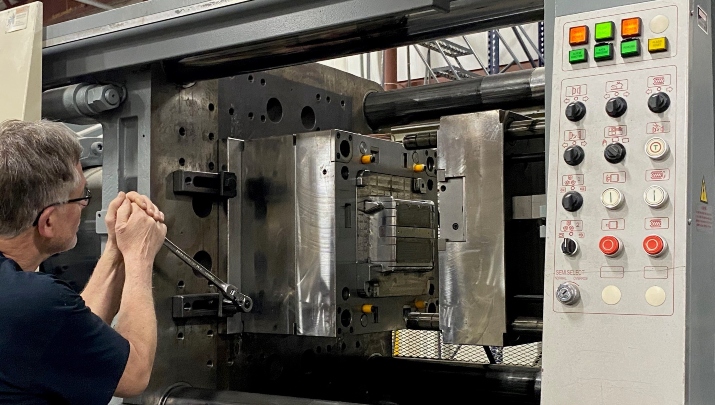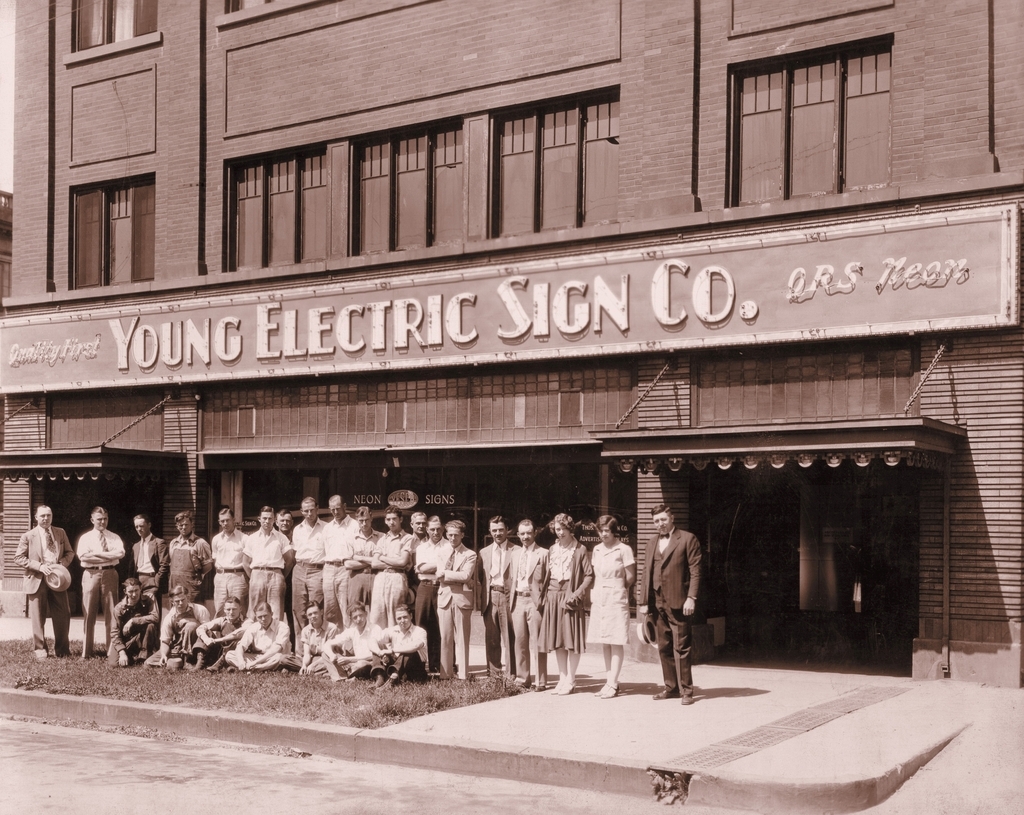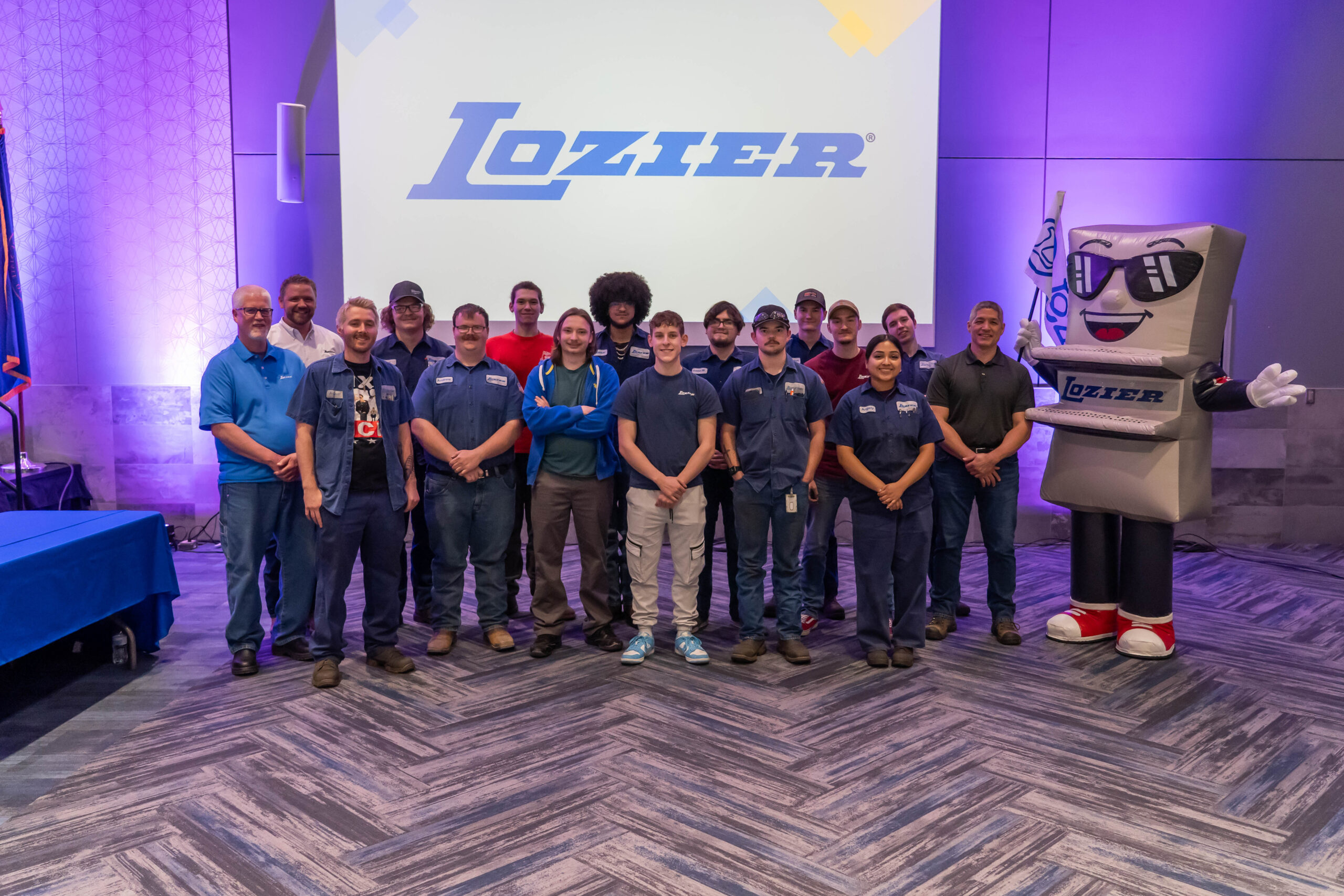
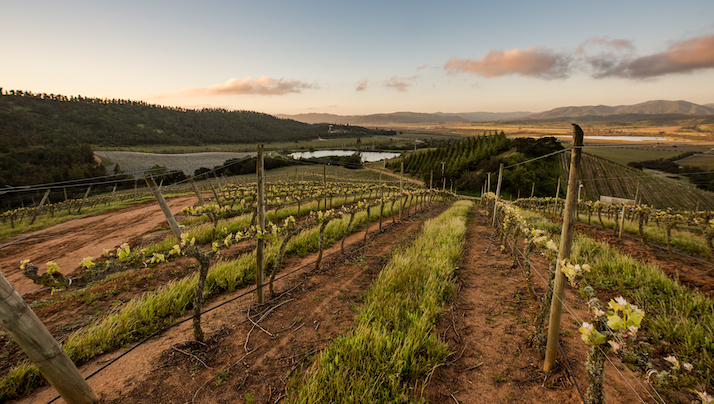
How a Stanford Visit Led to A New Business Innovation in Chile
- Courtney Kingston
- Kingston Family Vineyards
Education has always been a priority for our Chilean-American family. My father and his four siblings, raised on the family farm in the Casablanca Valley in Chile, were sent north to attend college in the U.S. My two brothers and I all earned MBAs, as my father had, and I always loved school and the challenge and stimulation of academia.
Given the draw of education, it’s maybe not surprising that a significant Pragmatic Innovation in our Evergreen® business, Kingston Family Vineyards, has an academic focus.
Founded in 1922 by my great grandparents Carl John and Caroline Kingston, our farm was primarily run as a dairy and beef cattle operation for two generations. In 1998, we planted grapevines to provide an alternative source of revenue to the commodity boom-bust cycle. In the 20 years since, we have developed the vineyard and the winemaking operation to create world-class wines, host wine-based experiences, and, more recently, welcome academic travel groups.
Our pursuit of the academic travel business began back in the early 2000s. Adventure travel to Chile was just starting to grow at the time, and alumni travel groups were at the forefront of that trend. Noticing the interest in our part of the world, I decided to see if I could tap into the trend and fit Kingston into group itineraries. My first foray was in my own backyard. Stanford University has one of the biggest university travel programs in the country, so I leveraged the fact that I was an alum of Stanford’s Graduate School of Business (GSB)—and had served as an alumni wine judge in the university’s alumni wine program—and was living nearby in Portola Valley to get to know the team planning the university’s trips to Patagonia and Antarctica.
Persistent networking and a long sales cycle paid off when, in 2009, Stanford brought a group of 21 alumni to the farm as part of an extended Chilean visit. Nineteen of the 21 Stanford visitors joined our newly formed wine club, and I realized we may have just hit on a new target market. I began to reach out to other university and alumni travel programs to test the idea with them. Pretty soon, largely through word-of-mouth, we were regularly hosting visitors from colleges and universities around the U.S. We had a new, profitable business line.
In 2015, the opportunity developed even further when Stanford’s GSB approached us with a request. They wanted us to be the subject of a MBA case study on the changing landscape of wine production, export, and tourism in Chile.
I was excited about the prospect of opening our business to academic analysis and learning from the research. Having been flying the plane, so to speak, for years in my leadership role in the business, the prospect of stepping back and studying the plane was intriguing.
While we acknowledged the vulnerability inherent in allowing access to private financial and operational details, our family ultimately agreed. I knew that we could learn valuable insights, and that we would be challenged in ways that would help us grow the business. And, it just felt right—probably not surprising given we’re a family of MBAs who like to geek-out over margins and engage in continual dialogue around the business.
The result of that leap to open up and be vulnerable as a family and as an Evergreen business continues to offer rich rewards today. The first case study, published in 2016, has resulted in a new series of academic visits by MBA programs. We have cultivated this new audience by partnering with several significant travel operators that design and operate itineraries for business school professors and deans seeking to plan overseas trips for their students focused on global management. We have also cultivated direct relationships with faculty and deans in top U.S. executive/business programs to seed client relationships
Today, 20 percent of our guests are connected to educational travel/MBA/eMBA programs, visiting to study our business. These visits have created a new market for our business focused on developing food and wine experiences for larger groups, and the success of this segment allowed us to take the plunge to build a new private event center and professional kitchen that will allow for further growth. And we feel great about the potential for expansion in this aspect of our business.
Beyond the measurable growth we’ve seen, the visits have had an unexpected benefit. Our Chilean and American team members, who all participate in hosting these groups, take part in fireside chats about our successes and our challenges. The level of discussion transports our team from focusing solely on the urgent and tactical to also embrace a strategic perspective on a weekly basis.
While continually opening yourself up to questions and analysis can be difficult— these are smart, experienced executives, and they can ask probing and sometimes uncomfortable questions—the result is deeper knowledge of self and team, and new inspiration and growth for our Evergreen business.
Courtney Kingston is Founder and CEO of Kingston Family Vineyards.
More Articles and Videos
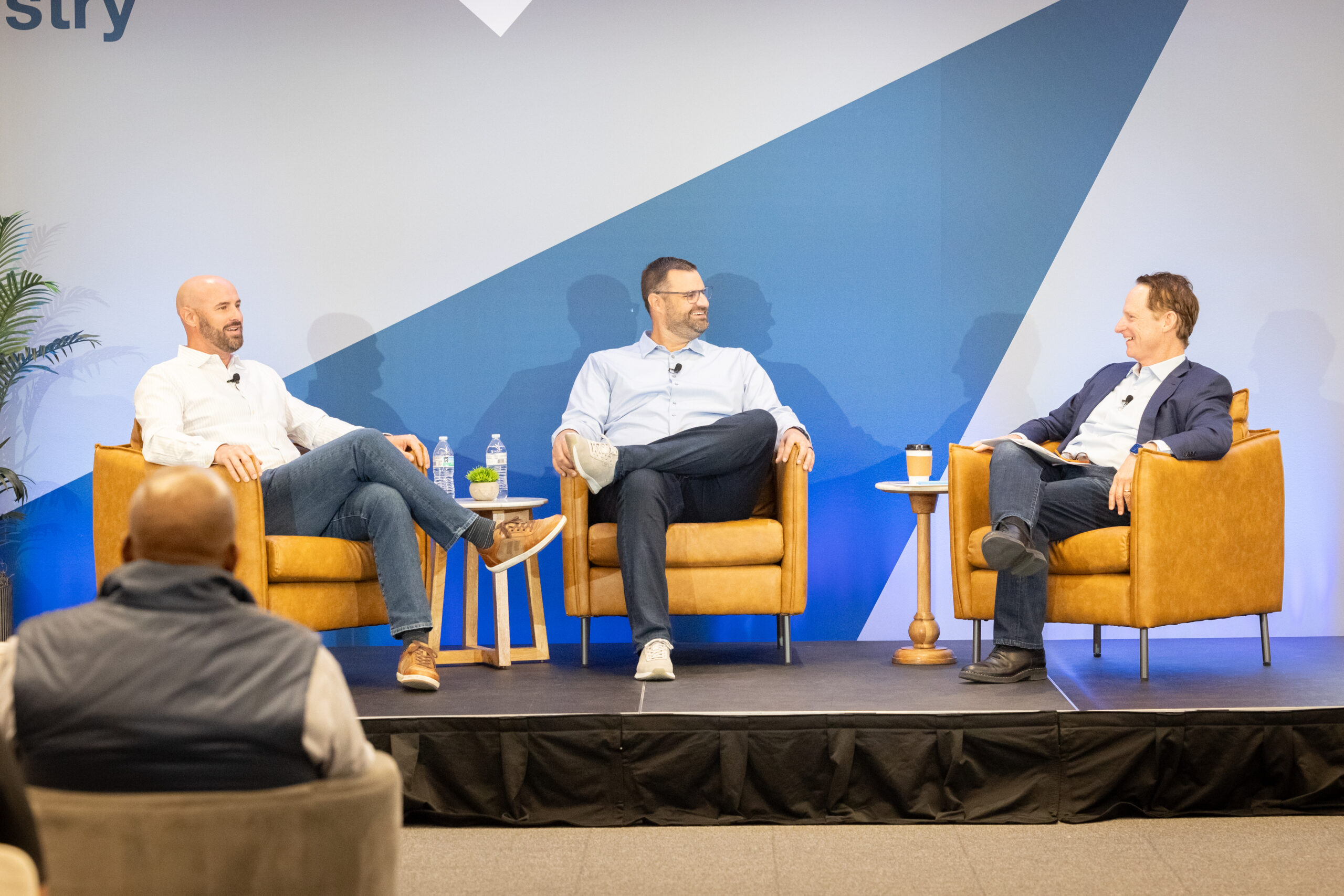
Fireside Chat with Dave Thrasher, Dan Thrasher, and Dave Whorton
- Dave Thrasher, Dan Thrasher, & Dave Whorton
- Supportworks and Thrasher Group

Get Evergreen insight and wisdom delivered to your inbox every week
By signing up, you understand and agree that we will store, process and manage your personal information according to our Privacy Policy
